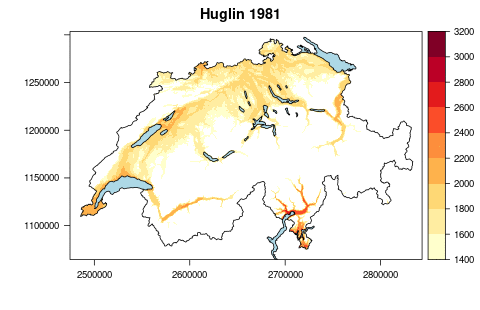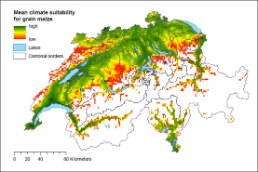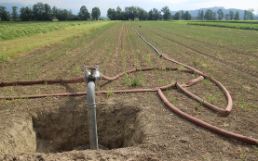
The Risks Posed by Climate, and How Agriculture Can Adapt
Agricultural crop production is to a large extent dependent upon climatic conditions. Because of climate change, temperatures are rising and patterns of precipitation are changing. We also expect extreme events such as drought and heatwaves to occur more frequently in future.
To exploit the potential for plant production in Switzerland, both now and in future, we need to be able to gauge the direct and indirect effects of climate change on crops. Knowledge of the expected risks helps with the planning and implementation of suitable adaptive measures (e.g. different choice of crops or varieties, irrigation, determination of breeding objectives).
Contact









